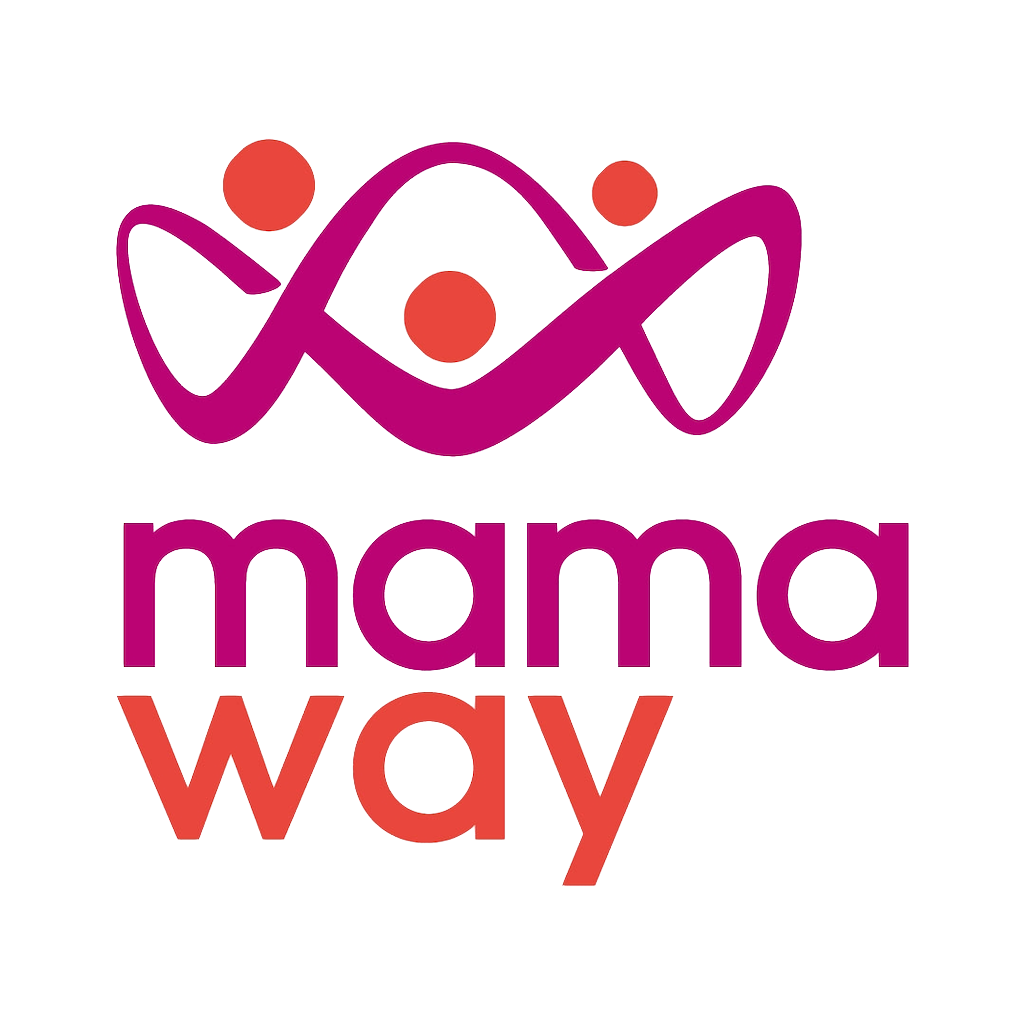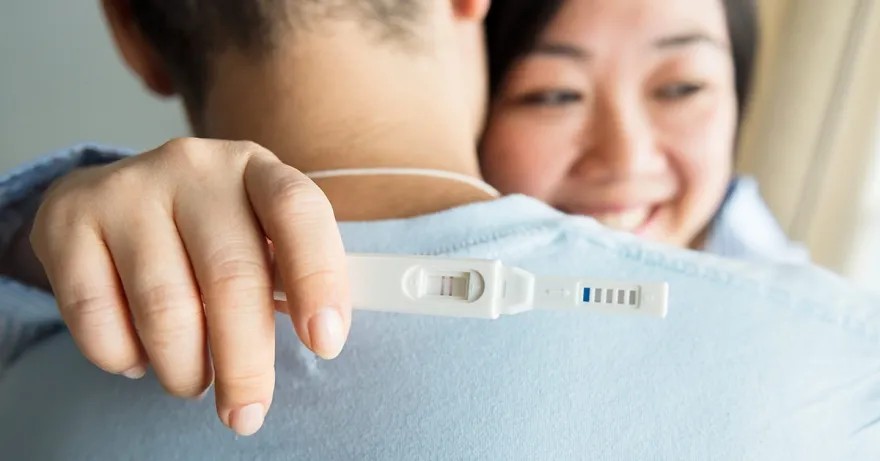Discovering what you’re expecting can be wonderful. However, if you think pregnancy is solely a matter for you, your hubby, and your baby, you may be mistaken. You’re likely to receive a lot of advice from people around you, focusing on dos and don’ts during this critical period. Since some of these superstitions may cause you unpleasant feelings, it’s a great chance to learn from these old pregnancy myths you disagree with and talk with the elders.
1. No Renovation or Moving to a New Home
The Chinese believe that hammering nails or repainting your house will cause a baby to be born with a birthmark or be disfigured. Also, staying in the current house may bring both mum and baby good luck.
FACT: As long as you’re not considered to have a high-risk pregnancy or specific medical problems, most experts say you can continue with your regular exercise routine. However, it is recommended to avoid lifting heavy objects or engaging in activities that involve jarring motions during pregnancy. Moreover, you are advised to minimize exposure to latex paints that contain ethylene glycol ethers and biocides to protect you and your growing fetus.
2. No Pregnancy Announcement in the First 3 Months
People believe that a baby is unstable in the first 3 months, and disclosing pregnancy too early may threaten it.
FACT: There’s a 20% chance of miscarriage in the first trimester. Whether you talk about your pregnancy or not, it won’t affect your chance of a miscarriage. You are advised to have regular prenatal checkups and talk with your OB-GYN doctor about the best way to protect your baby.
3. No Eating Crabs or Seafood
Chinese, especially Hokkien pregnant mums, are told that eating crabs during pregnancy may result in delivering a naughty and mischievous baby. (In literal translation, the baby may have many hands and legs, like a crab.)
FACT: Seafood is rich in protein, iron, and zinc, which are good for a baby’s development. Pay attention to predatory fish like sharks and swordfish, which contain high levels of mercury. Moreover, raw seafood should be avoided during pregnancy to prevent bacterial infections. As long as the crabs or seafood are well-cooked, mums-to-be can eat them, especially during the third trimester to promote the baby’s brain development.
4. No Attending Weddings & Funerals
In Chinese cultural beliefs, two happy events may have the opposite effect. The luck of the bride and groom may harm the health and luck of a mum-to-be. Also, funerals are considered unlucky events in Chinese culture. That’s why an expecting mum should avoid them too.
FACT: It’s perfectly safe for mums and the unborn baby to be part of the festivities. Be sure to wear a comfortable outfit, put a smile on your face, and have a wonderful time with family and friends!
5. No Eating Mutton, Rabbit or Snake
In Cantonese, the pronunciation of mutton, rabbit, and snake sounds similar to epilepsy.
FACT: There’s no evidence to support the belief that eating mutton, rabbit, or snake during pregnancy may increase the chance of epilepsy, a cleft lip, or a scaly baby. You are advised to consume red meat in moderation, as it contains high fat which can cause pregnancy complications.
6. No Scissors or Needles on the Bed
Similarly, the Chinese believe that using scissors or needles may lead to a baby with a cleft lip.
FACT: There’s no evidence that sewing or cutting on the bed can increase the risk of delivering a baby with a cleft lip. Bear in mind, that being happy, getting plenty of rest, and avoiding excessive tiredness during pregnancy are key factors in delivering a healthy baby.
In conclusion, debunking traditional Chinese pregnancy myths empowers expecting mothers with accurate information to confidently navigate their pregnancy journey. Understanding the truth behind these myths leads to a healthier and happier pregnancy experience.




Leave a Reply